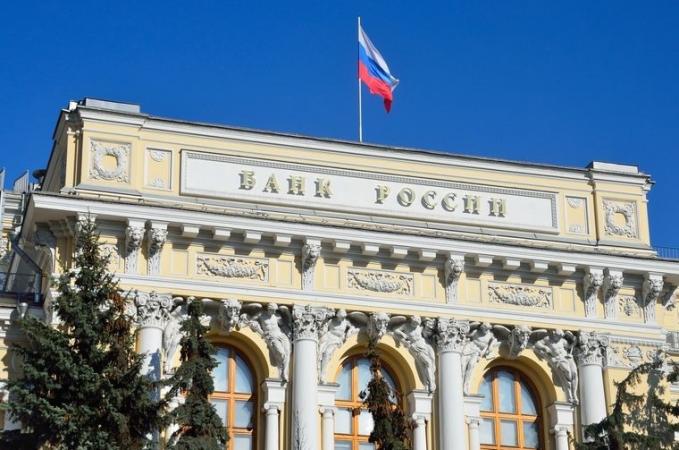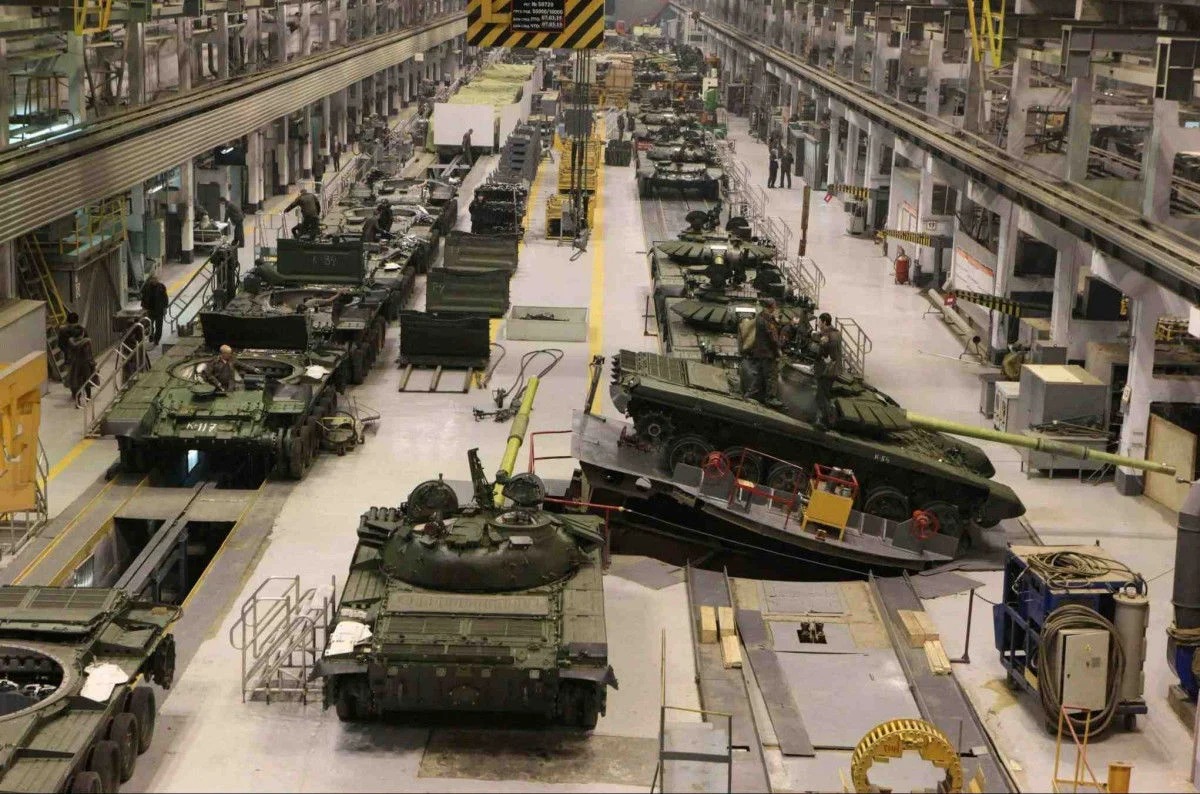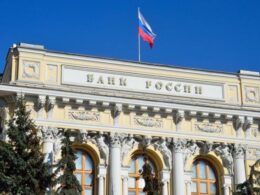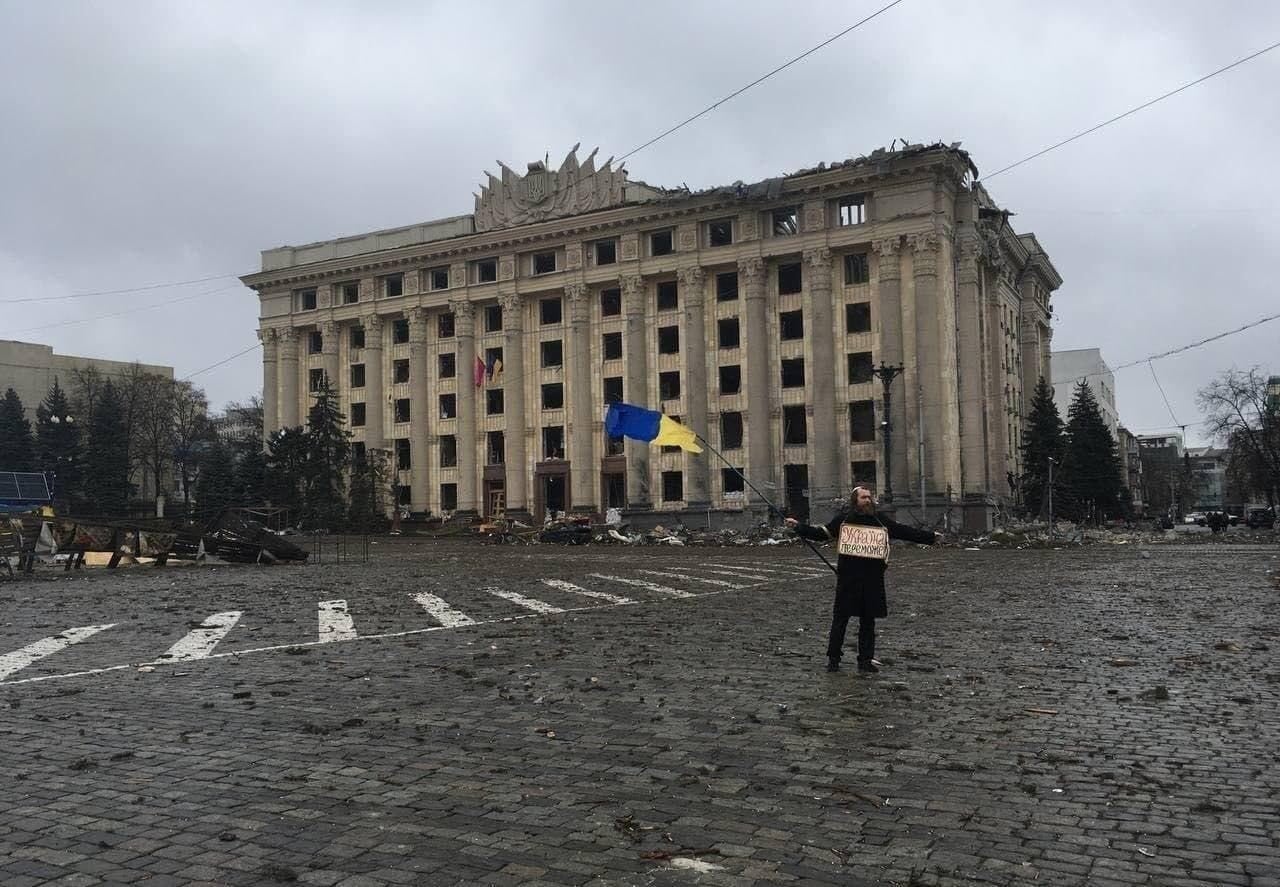The UK Ministry of Defense’s intelligence update on 13 November reported significant economic challenges for Russia, primarily due to recent interest rate hikes by the Central Bank of Russia (CBR).
- On 25 October 2024, the Central Bank of Russia (CBR) raised its base interest rate to 21 percent. This is the highest rate since the start of the Ukraine conflict and reflects the CBR’s concerns about growing inflationary pressures in the Russian economy. CBR governor Elvira Nabiullina said that "more drastic changes" to monetary policy might be required to get inflation under control. However, there is growing criticism of the CBR’s decision to keep interest rates high from key business executives across multiple Russian industries.
- High interest rates in the Russian economy are highly likely to restrict business investment and growth. Since the beginning of the war in 2022, the volume of corporate loans and the proportion of them tied to the CBR’s base rate have increased. As a result, higher interest rates are leading to increasing costs of debt. These costs are highly likely exacerbating financial pressures on businesses, with corporate bankruptcies in Russia reportedly 20 percent higher in 2024 than they were in 2023.
- Inflationary pressures will highly likely continue to intensify in 2025 as government spending is forecast to increase, and labour shortages and pressure from sanctions persist. This will lead to increasing trade-offs between efforts to control inflation and supporting growth of the Russian economy.
Related:
- Russia faces record workforce shortages, manufacturing sector hit hardest
- UK intel: Russia proposes 25% defense budget increase, social cuts in 2025
- ISW: Kremlin plans to fund crypto-mobilization efforts through 2027
- Russia doesn’t have endless resources, its economy nearing tipping point, expert says
- ISW: Russia aims for victory over Ukraine by 2026 amid growing economic challenges
- Russian Central Bank raises key rate to 19% as inflation surges
- Russian crude exports from country’s western ports plummet
- June sees 4-month low in Russian oil export earnings
- Sanctioned Russian billionaires continue to profit despite restrictions




